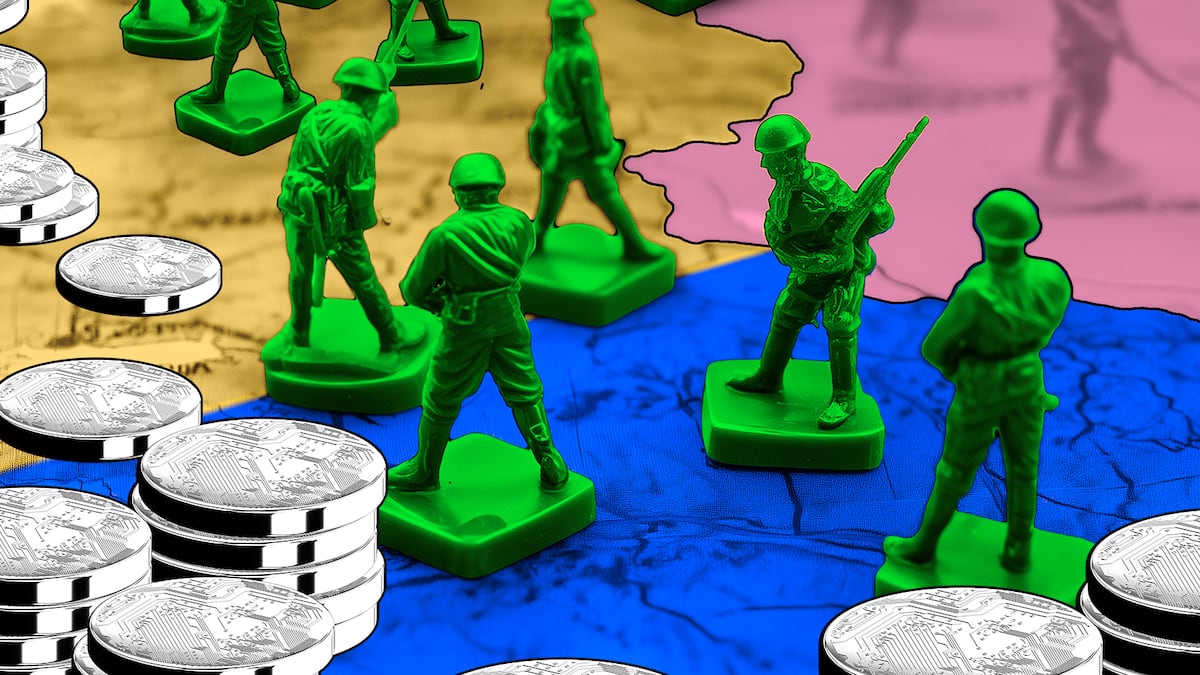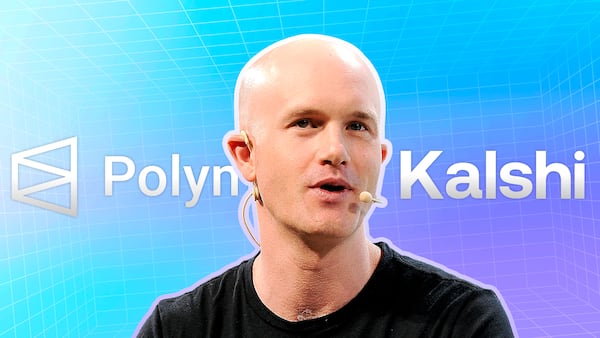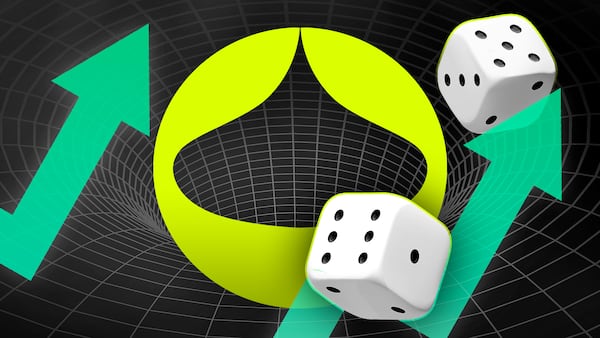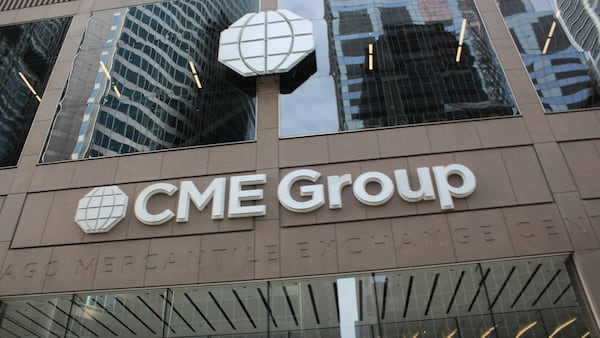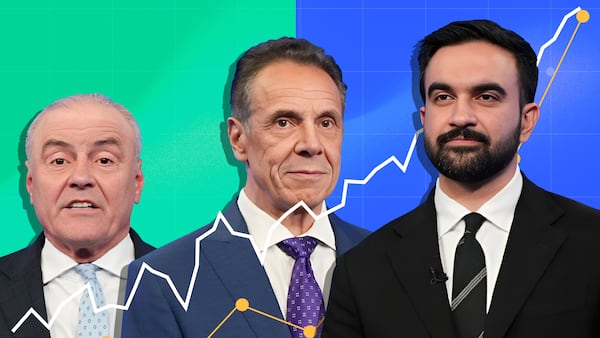- DeepState Live provides a real-time mapping tool of Russia’s invasion.
- This tool was integrated with another site that lets users bet on the conflict’s outcome.
- Prediction markets have enjoyed explosive growth this year.
Individuals behind a tool mapping the Russian invasion of Ukraine signalled their outrage that the tool’s data was being used on Polymarket.
Launched in 2022 at the start of the invasion, DeepState Live is an interactive map that shows how far Russian troops have advanced throughout Ukraine.
It shows the locations of airborne assaults, where the Kremlin’s troops have been pushed back, and the position of Russian rifle divisions.
On Tuesday, the tool was synced with betting markets live on Polymarket by a pseudonymous X user named Pentagon Pizza Watch.
The user used DeepState Live’s API — a kind of digital gateway that connects different platforms — to link specific locations on the map to so-called conflict markets on the popular prediction market platform.
These markets let users bet on when Russia will capture the village of Dovha Balka in Ukraine’s Donetsk region or if troops will capture the Ukrainian city of Lyman.
“Today, your outrage, as well as ours, was triggered by a message from some bookmaker service about integration with our map,” the user behind DeepState Live said on Wednesday.
They added that they have no affiliation with Pentagon Pizza Watch or its service.
“This service profits from bets on the war and connects either through a free API provided to someone for humanitarian and military needs, or through third-party parsers.”
The person behind the Pentagon Pizza Watch account said it had removed the integration after seeing the statement.
“The reason we used DeepState Live’s data is that they have a public endpoint, so we assumed it was free to use,” the person behind the account told DL News. “We voluntarily stopped using it immediately once we saw their tweet that they were unhappy with the use case.”
They added that people misunderstood what they were doing and had received “countless death threats” for the project. The project is part of Polymarket’s Builder Program.
“It’s clear that this is many people’s first exposure to prediction markets,” they said.
“What they don’t realise is that this isn’t a new phenomenon; you’ve been able to bet on Ukraine war markets since the invasion began.”
Neither DeepStateLive nor Polymarket responded to DL News’ request for comment.
Pentagon Pizza Watcher developed another tool that measures fast-food orders at restaurants around the Pentagon and the White House.
It tracks this data under the theory that spikes in such orders occur right before crisis events, such as when Israel bombed Iran in June.
The Department of Defence denied the theory’s validity.
Predicting war and sport
Prediction markets have enjoyed explosive growth this year, buttressed by Polymarket and Kalshi.
Both platforms catapulted into the Zeitgeist in the run-up to the 2024 Presidential Election via markets that let users around the world bet on who would be moving into the White House.
Since then, volumes on both platforms have ramped back up as each offers expansive markets for various sporting events, namely football and basketball. Volumes have been sufficient to even attract traditional sports betting firms, such as DraftKings and FanDuel, into the prediction market space.
The CEO of Flutter, an Irish-American sports betting company that owns FanDuel, said the launch of their prediction market product “unlocks an immediate growth opportunity.”
Many of the Polymarket markets on the conflict are still being traded at press time.
Major prediction markets, such as Polymarket and Kalshi, let users trade on the odds of events such as what a CEO will say during an earnings call, who will win the Super Bowl, and how specific military campaigns will conclude.
The largest market on Polymarket regarding the Russian invasion asks whether Russia and Ukraine will reach a ceasefire in 2025.
For eight cents, users can buy a “yes” token. If the two countries reach a ceasefire agreement before the end of the year, and the market closes, the value of that token will rise to $1.
Conversely, “no” tokens, which are worth 93 cents, would plummet to $0.
Other markets exist for the capture or liberation of other smaller towns.
‘Great website’
Prediction market proponents argue that because there are clear financial incentives, the accuracy of information provided by these markets is far higher than that of news reports and punditry.
Regarding the conflict markets around Russia’s invasion of Ukraine, however, commentators online are split.
“Great website,” wrote pseudonymous X user Car, referring to Pentagon Pizza Watcher’s service. “I hope the Ukrainians understand Polymarket can give them high-quality updates and probabilities on certain events happening.”
Another user explained that data from these markets could inform evacuation plans for specific towns and cities in Ukraine.
Others find the activity appalling.
“For Ukrainians, it is a tragedy,” wrote another X user named WarTranslated. “But for some foreigners, it is a gambling game.”
Update: This article was updated on November 28 to include comment from the individual behind Pentagon Pizza Watch.
Liam Kelly is DL News’ Berlin-based DeFi correspondent. Have a tip? Get in touch at liam@dlnews.com.


